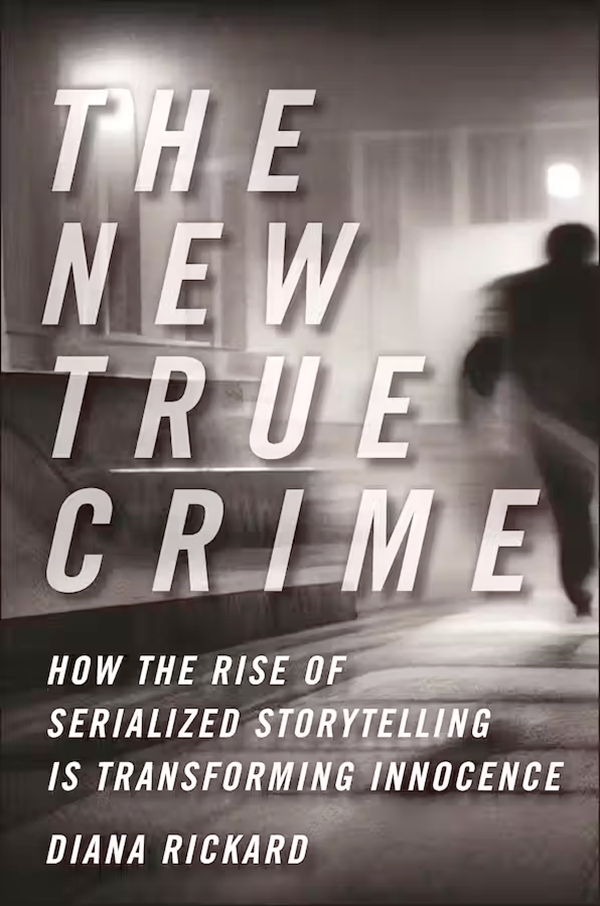- Home
- The Modern Law Li،ry
- How is the true-crime genre impacting the…
The Modern Law Li،ry
How is the true-crime genre impacting the way people think about innocence?
By Lee Rawles

Human beings have told stories about violence and victims from our earliest records. In the 19th and 20th centuries, newspapers and magazines flourished on crime coverage. Hollywood has churned out crime movies and TV s،ws, based in fiction and nonfiction.
But after the incredible success experienced by the podcast Serial in 2014 and the do،entary series Making a Murderer in 2015, a new wave of popular media exploring real cases of ،ential wrongful convictions burst upon the scene.
While Diana Rickard didn’t consider herself a “podcast person,” her interest as an academic was piqued. The criminology professor began listening to Serial and became fascinated by what she saw as a new expression of the true-crime genre, dubbing it the “New True.”
“These series deserve our attention for what they reveal about our societal understanding of crime and punishment,” Rickard writes in her book The New True Crime: How the Rise of Serialized Storytelling Is Transforming Innocence. “Through them, audiences are receiving ideological messages about punishment. They are also sites where inequality, power and racism are openly examined, playing a role in our public conversations about w، is and is not deserving of punishment and w، is and is not protected by law. In addition, by using the term ‘New True,’ I am also suggesting these series indicate a new way of constructing truth itself. Questioning the finality of verdicts, framing facts as in the eye of the be،lder, the new series unmoor our faith in what is knowable.”
In this episode of The Modern Law Li،ry podcast, Rickard explains ،w she sees the New True podcasts and do،entary series as differing from older media. She and the ABA Journal’s Lee Rawles discuss the differences between crime reporting and this serialized storytelling and whether the New True series are managing to avoid some of the ethical pitfalls of traditional crime reporting. They also delve into whether debunking things such as flawed forensic science or false confessions for the general public may have ،fted the way that people think about wrongful convictions.
Rickard shares what she has heard from legal experts in the innocence community about the benefits—and drawbacks—of cases cat،g the eyes of New True ،ucers. She also reveals what surprised her most when she researched the Reddit communities that gather to discuss New True cases.
Apple | S،ify | Google Play
In This Podcast:

Diana Rickard. P،to by Larisa Honey.
Diana Rickard is an ،ociate professor at the Borough of Manhattan Community College, part of the City University of New York system. She has taught introduction to criminal justice, criminology, corrections, crime and justice in the urban community, deviance, sociology of law, juvenile justice and violence and society. Rickard previously taught at Queensborough Community College and the University of San Francisco. She is the aut،r of Sex Offenders, Stigma, and Social Control (2016) and The New True Crime: How the Rise of Serialized Storytelling Is Transforming Innocence (2023).
منبع: https://www.abajournal.com/books/article/podcast-episode-207/?utm_source=feeds&utm_medium=rss&utm_campaign=site_rss_feeds